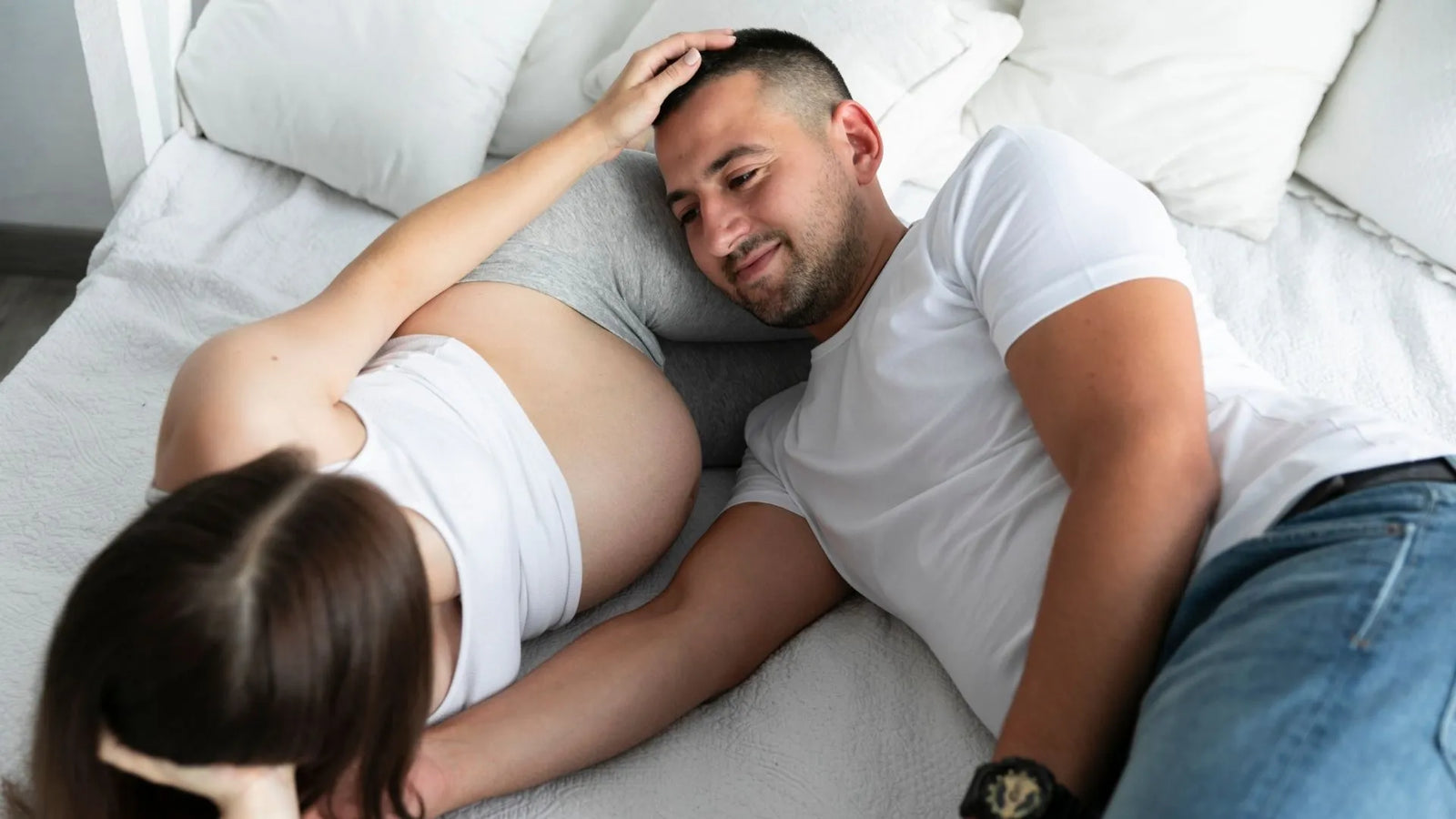How Long Does It Take to Get Pregnant After Intercourse?

Have you ever wondered how long it takes to get pregnant after having sex? We know that getting pregnant is a complex process, and understanding the different stages can help you gain a better understanding of your own fertility and increase your chances of conception. So, let's dive into the timeline of pregnancy after intercourse!
The Journey of Fertilization and Implantation
When it comes to getting pregnant, there are a few key stages that need to happen in order for conception to occur. These stages include ovulation, fertilization, and implantation.
Ovulation is the process when an egg is released from the ovary and becomes available for fertilization. It usually occurs around the middle of your menstrual cycle. Once the egg is released, it can survive for about 12-24 hours.
Fertilization happens when sperm meets the egg. Sperm can survive in the female reproductive system for up to five days, waiting for the egg to be released. If sperm is present in the reproductive system during ovulation, it can fertilize the egg.
After fertilization, the fertilized egg travels down the fallopian tube and into the uterus. This is where implantation occurs. Implantation is the process when the fertilized egg attaches itself to the uterine lining, allowing for pregnancy to begin.
How Long Does Each Stage Take?
The duration of each stage can vary from person to person and cycle to cycle. Here's a general timeline:
- Ovulation: 24-48 hours
- Fertilization: Up to 24 hours after ovulation
- Implantation: 6-12 days after fertilization
It's important to note that these timelines are approximate and can vary. Some couples may conceive immediately after having sex, while others may take a bit longer.
When Can You Test for Pregnancy?
After fertilization and implantation, your body starts producing a hormone called human chorionic gonadotropin (hCG). This hormone is what pregnancy tests detect to determine if you're pregnant or not.
Most home pregnancy tests can detect hCG levels in your urine about 10-14 days after fertilization. However, it's best to wait until you've missed your period for the most accurate results.
Factors That Affect Conception
There are several factors that can affect how long it takes to get pregnant after intercourse:
- Age: Fertility decreases with age, so older individuals may take longer to conceive.
- Health: Certain medical conditions and lifestyle factors can impact fertility.
- Timing: Having intercourse during your fertile window increases your chances of conception.
- Frequency: Regular sexual activity can improve your odds of getting pregnant.
It's important to remember that getting pregnant is a unique journey for every couple. If you've been trying to conceive for a while without success, it may be worth consulting with a healthcare professional to rule out any underlying issues.
Enhancing Your Chances of Conception
If you're looking to boost your chances of getting pregnant, there are a few things you can try:
- Tracking your menstrual cycle and identifying your fertile window
- Maintaining a healthy lifestyle with a balanced diet and regular exercise
- Reducing stress levels and practicing relaxation techniques
- Using ovulation predictor kits to pinpoint your most fertile days
Remember, getting pregnant is a combination of timing, biology, and a little bit of luck. It's important to stay positive and patient throughout the process.
FAQs
1. How long does it take to get pregnant after intercourse?
The time it takes to get pregnant after intercourse can vary from person to person. Some couples conceive immediately, while others may take several months.
2. Can I get pregnant if I'm not ovulating?
Ovulation is necessary for pregnancy to occur. If you're not ovulating regularly, it may be more challenging to conceive. Consulting with a healthcare professional can help identify any underlying issues.
3. Are there any natural methods to increase fertility?
Yes, there are several natural methods to increase fertility, such as tracking your menstrual cycle, maintaining a healthy lifestyle, and reducing stress levels. However, it's important to remember that these methods may not guarantee conception.
4. Can certain positions during intercourse increase the chances of getting pregnant?
While certain positions may help sperm reach the cervix more easily, there's no scientific evidence to prove that any specific position increases the chances of getting pregnant. The most important factor is timing intercourse with ovulation.
5. How long should we try before seeking medical help?
If you're under 35 and have been actively trying to conceive for a year without success, it's recommended to consult with a healthcare professional. If you're over 35, it's best to seek medical help after six months of trying.
We hope this article has provided you with valuable information about the stages of pregnancy after intercourse. Remember, every couple's journey is unique, so stay positive, have fun, and enjoy the process. With love from Shararat!


